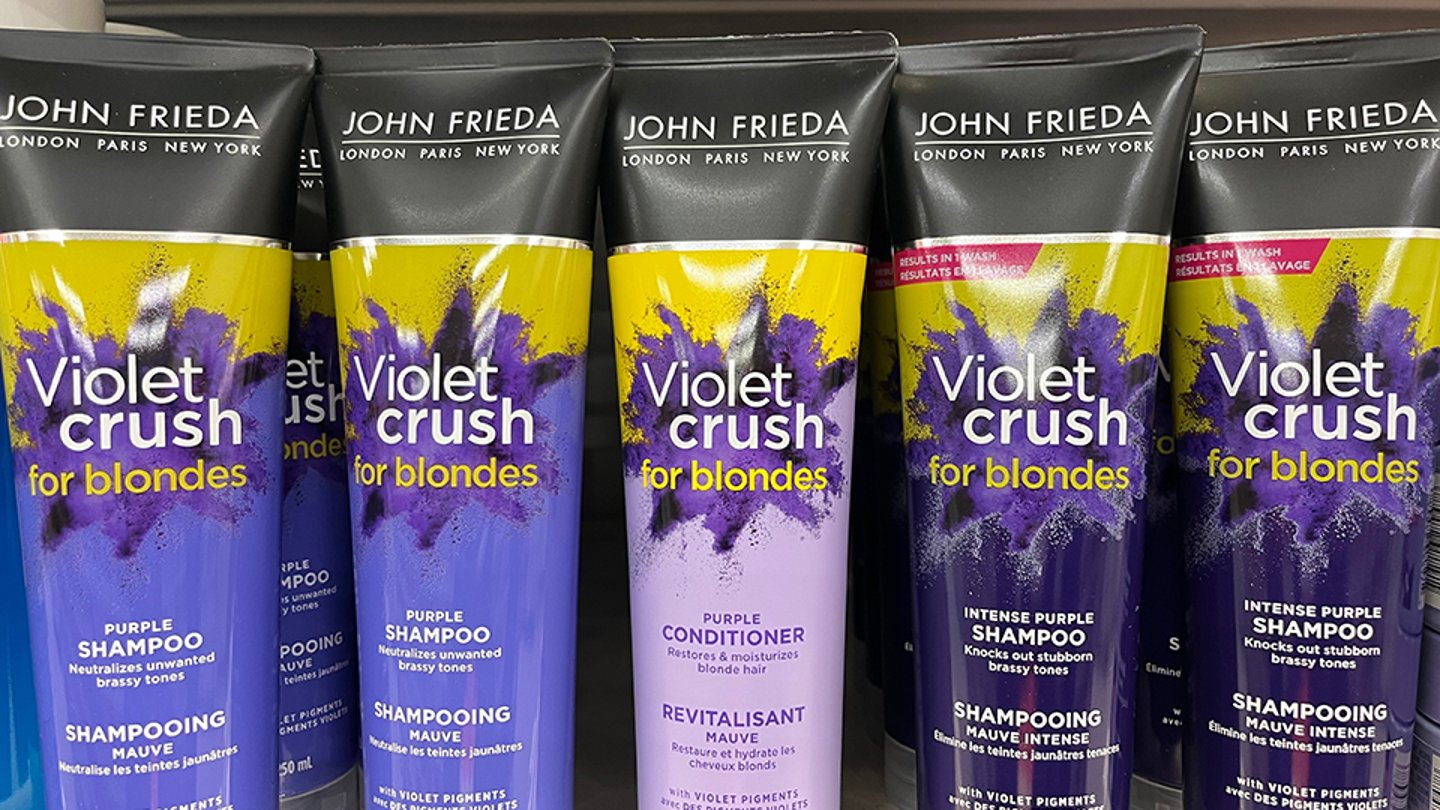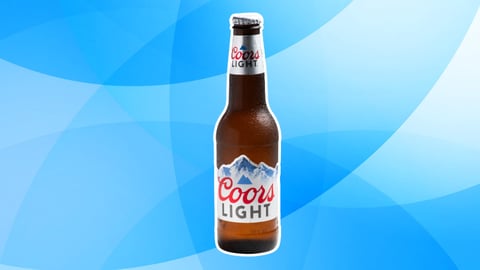CPGs Can Harness AI to Attain and Keep Consumer Loyalty: Study
Brand loyalty is far from a given, particularly in today’s hyper-competitive marketplace. In fact, more than half (57%) of shoppers don’t feel committed to the consumer product brands they buy regularly, according to a recent SAP survey.
The research, which surveyed 4,000 consumers, highlights the growing challenge: Price remains important, but shoppers are increasingly prioritizing convenience and personalization. With supply chain disruptions, market saturation, and difficulties in collecting and using first-party data, CPGs need to adjust their strategies to maintain relevance, the report.
Ignoring these shifts comes at a price. Acquiring a new customer costs five times more than retaining an existing one, and brands that fail to engage meaningfully and tap into AI-driven shopping behaviors accelerate risk being left behind, the report adds.
“Consumers are shifting their brand loyalties,” notes Sara Richter, SAP Emarsys’ CMO, in a statement. “The right approach to omnichannel engagement will not only help brands adapt to changing economic conditions, but will also empower them to build meaningful, enduring relationships with their customers.”
As omnichannel continues to grow in importance, brands are channeling efforts into meeting shoppers where they are — whether online, in-store, or a blend of both. Many of these companies are also employing artificial intelligence tools to capture shoppers' attention wherever they are.
The research recommends CPGs explore AI tools to amplify customer retention, specifically to lock down personalization efforts across multiple channels. Appealing and catering to consumers’ personal preferences is, naturally, an effective way to foster repeat purchases, and many CPGs are exploring ways to supercharge these efforts using AI.
Consumer goods stalwart Church & Dwight, for example, recently outlined how the company is using AI across marketing, social, and digital media – with uses ranging from lookalike audiences to automatically changing aspect ratios for videos.
The report also cites John Frieda’s success as a recent example. The haircare brand reportedly used data-driven omnichannel marketing to target its customers more effectively, leading to a conversion rate increase of 4.2x during a product launch. This strategy yielded results over time,too, with 88% of customers who purchased an ULTRAfiller+ product returning to buy more from the line, according to SAP.
Direct-to-consumer subscriptions are emerging as a major driver of brand loyalty. Among shoppers who consider themselves loyal to a brand, one in five (20%) now make purchases through a monthly subscription service.
Loyalty programs are also gaining traction, with 29% of CP shoppers signing up for a new rewards scheme in 2024.






